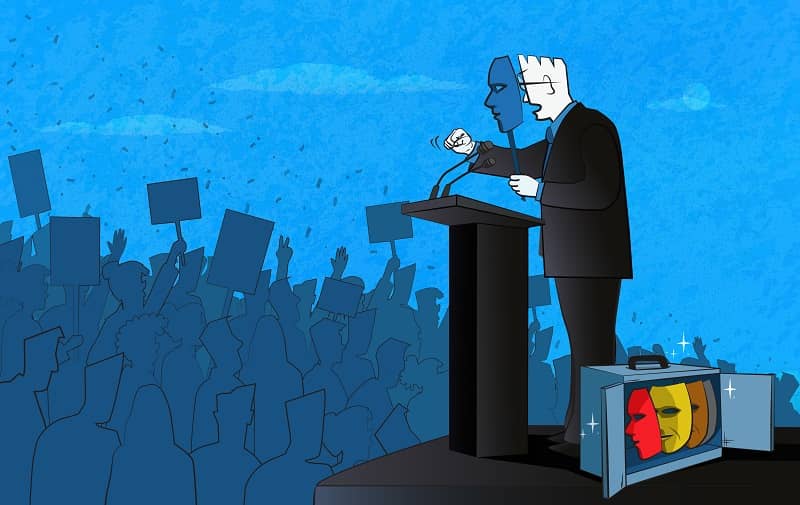A Portland newspaper editor recently implored in print, “We need a plan, people, soon.”
Why just one plan? In Portland, for example, some want tax incentives to attract business, others want more business taxes to fund our schools. Some want Major League Baseball, others want to invest in engineering schools. To planners such disparate talk sounds like chaos, when in reality this is how free people get things done.
The fallacy of central planning is a subset of what logicians call the fallacy of composition: assuming that what is true of the parts is true of the whole. Planning is a good thing for individuals and firms. But there is no collective mind in a city, state or nation that can do for the whole what countless individuals and organizations can do better for themselves.
Central planners cannot know all the information needed, nor understand all the transactions that take place every day in any society. Substituting the planner’s limited wisdom for the knowledge and self-interest of countless individuals and firms will simple not work.
As philosopher David Kelley once wrote, “To the extent that an economy is planned, individuals are prevented from doing what they must, and planners are required to do what they cannot. Yet the drive for planning endures, appearing repeatedly in the media like a third-rate film on the late show.”
The best way to boost the collective fortune of a society is to remove government planners from our personal and business lives so we can freely boost our own fortunes. Then watch a self-organizing society and free-market economy do what they always do – flourish, grow and create the kinds of progress central planners can never achieve.
In short, we need freedom, people, soon.
© 2006, Cascade Policy Institute. All rights reserved. Permission to reprint in whole or in part is hereby granted, provided the author and Cascade Policy Institute are cited. Contact Cascade at (503) 242-0900 to arrange print or broadcast interviews on this topic. For more topics visit the QuickPoint! archive.











